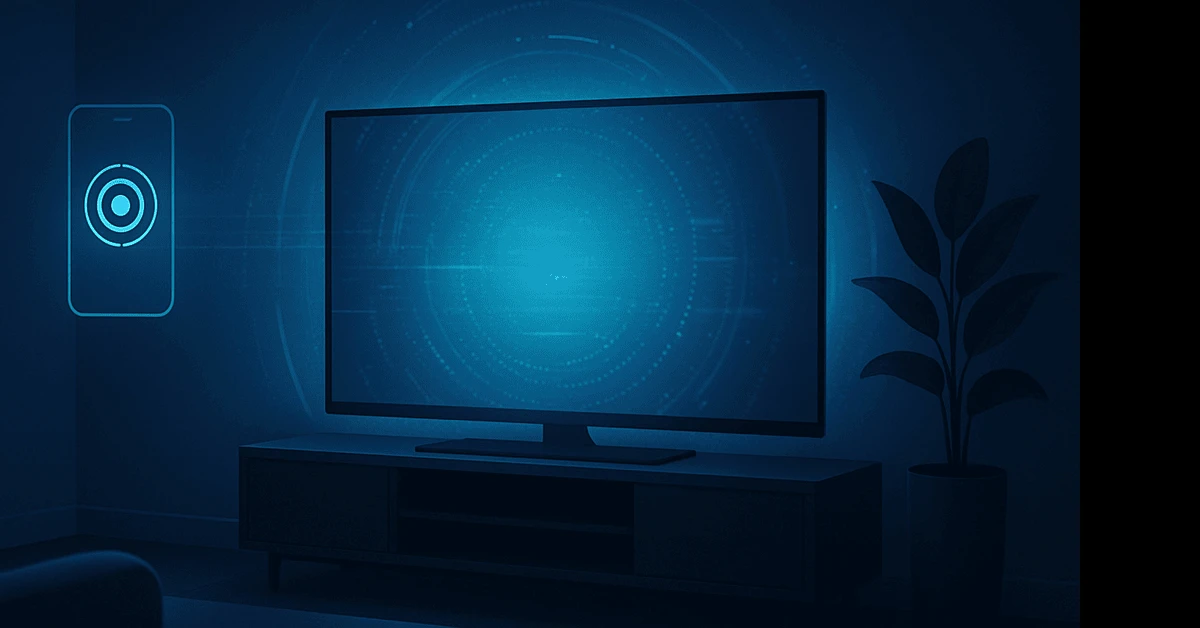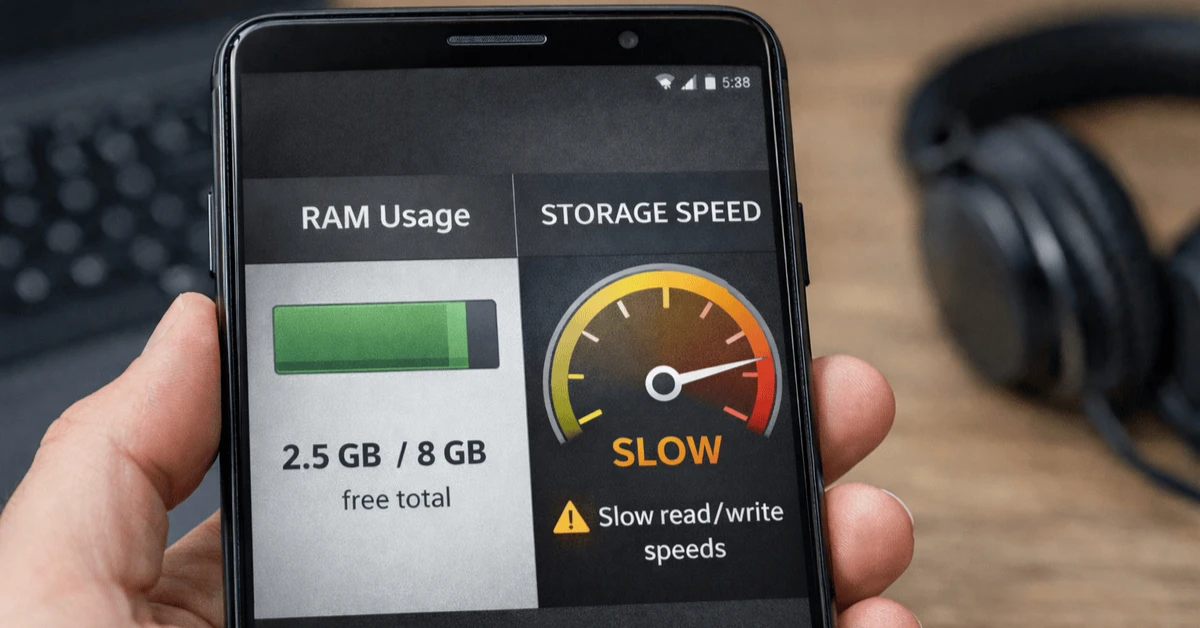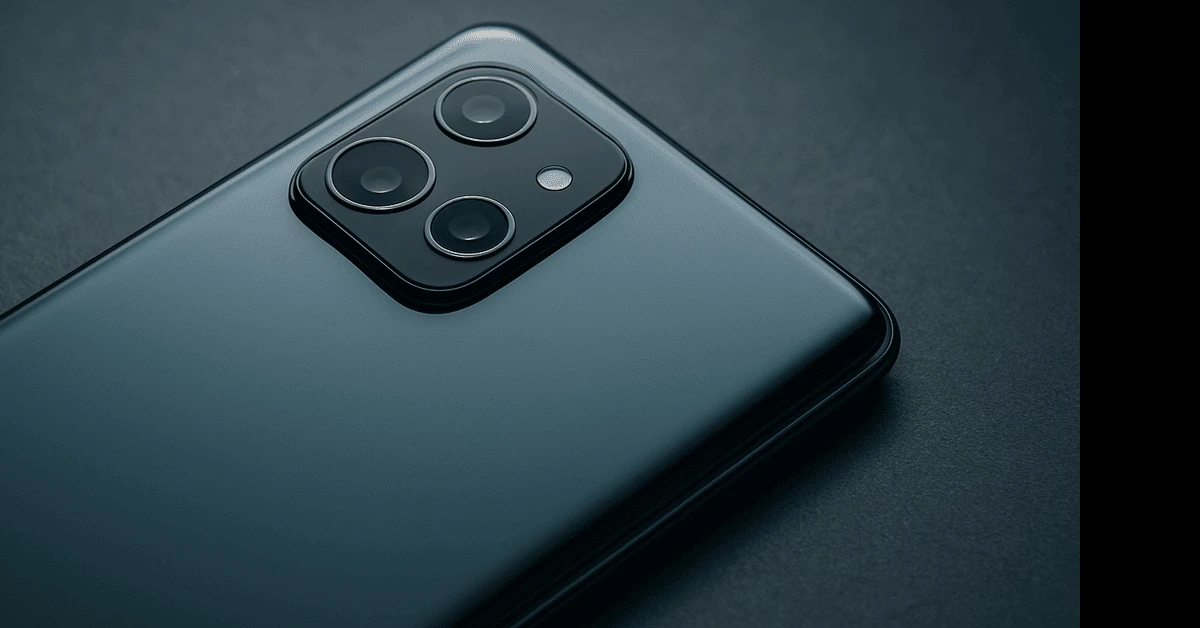Last Updated: October 2, 2025
How Your Smart TV Spies on You More Than Your Smartphone

When people think about digital spying, their first thought usually goes to smartphones. After all, phones have cameras, microphones, and apps that track everything from location to shopping habits. But what many don’t realize is that smart TVs are often worse when it comes to privacy invasion. In fact, your television might be collecting, analyzing, and selling more data about you than your phone does.
The Hidden Eye in Your Living Room
Unlike smartphones, smart TVs sit in your living room or bedroom, running almost 24/7. They know what you watch, when you watch it, and even how long you watch it. Some models come with built-in cameras and microphones that can be remotely activated. Even if you never use the “voice search” or “video call” features, the hardware is still there — waiting.
Automatic Content Recognition (ACR)
One of the biggest spying tools in modern smart TVs is Automatic Content Recognition (ACR). ACR technology scans your screen pixel by pixel, recognizing what shows, movies, or even YouTube videos you are watching. This information is then sent to TV manufacturers and third-party advertisers. The scary part? It doesn’t matter whether you’re watching live TV, a Blu-ray disc, or even streaming via HDMI. ACR sees it all.
Why Do They Collect This Data?
The reason is simple: money. TV manufacturers no longer just make money by selling you the device. Instead, they make billions selling your data to advertisers and streaming companies. Your “viewing profile” is used to push targeted ads on your TV and even on other devices you own. That’s why you might see an ad on YouTube that oddly matches the show you just watched on TV.
Smart TVs vs Smartphones: Who Spies More?
- Smartphones: Track location, browsing, app usage, calls, messages, and voice searches.
- Smart TVs: Track what you watch, when you watch, how long you watch, your location, your connected devices, and in some cases even record voice and video.
While smartphones are more versatile in tracking, smart TVs are sneakier. Most people don’t think about TV spying, so they rarely change privacy settings or block permissions.
The Dark Side: Security Risks
Smart TVs connect to the internet just like computers. If hacked, they can be used as entry points into your home WiFi network. Hackers can spy through microphones and cameras or steal sensitive data from devices connected to the same network. In 2019, the FBI even issued a warning urging people to check the privacy settings on their TVs and disable cameras when not in use.
How to Protect Yourself
- Disable ACR in your TV settings.
- Turn off voice recognition and camera functions if not needed.
- Keep your TV’s software updated for security patches.
- Use a separate WiFi network for your TV to isolate it from your main devices.
- Cover your TV’s camera with tape if it has one.
Conclusion
Your smartphone may feel like the biggest spy in your life, but your smart TV is quietly doing more surveillance than you imagine. From tracking your viewing habits to selling your data for profit, TVs are no longer just entertainment devices — they’re data-collecting machines. Being aware of these risks and taking simple precautions can help you protect your privacy in the digital age.
FAQs
Do all smart TVs spy on users?
Most modern smart TVs come with tracking features like ACR enabled by default. However, users can disable some of them in settings.
Can smart TV microphones listen to conversations?
Yes, if your TV has a microphone and voice command features enabled, it may record and transmit your voice data. Disabling this option can help.
Is covering the smart TV camera enough?
Covering the camera blocks video spying, but microphones may still be active. It’s best to disable both camera and microphone in settings.
Why would hackers target a TV?
Because TVs are connected to the internet and often less secure, hackers can use them to enter your home network and access other devices.
Which brands are most involved in TV spying?
Most major brands, including Samsung, LG, Sony, and Vizio, have been found to collect user data. Vizio even faced a lawsuit for secretly tracking viewers.
You May Also Like:

How Junk Food Ads Are Targeting Pakistani Children More Aggressively Than Anywhere Else...

Why Storage Speed Matters More Than RAM After 2–3 Years of Phone Use...

How Pakistanis Self-Medicate More Than Any Nation: The Dangerous Pharmacy Culture...

How Chinese Brands Quietly Took Over Global Smartphone Design...

Low-Cost Drones Made in Pakistan: A New Era for Smart Agriculture...

Top 10 Most Underrated Cricketers Who Deserved More Recognition...

The Silent Killer Inside Your Kitchen: What You're Eating Every Day Without Knowing It...

